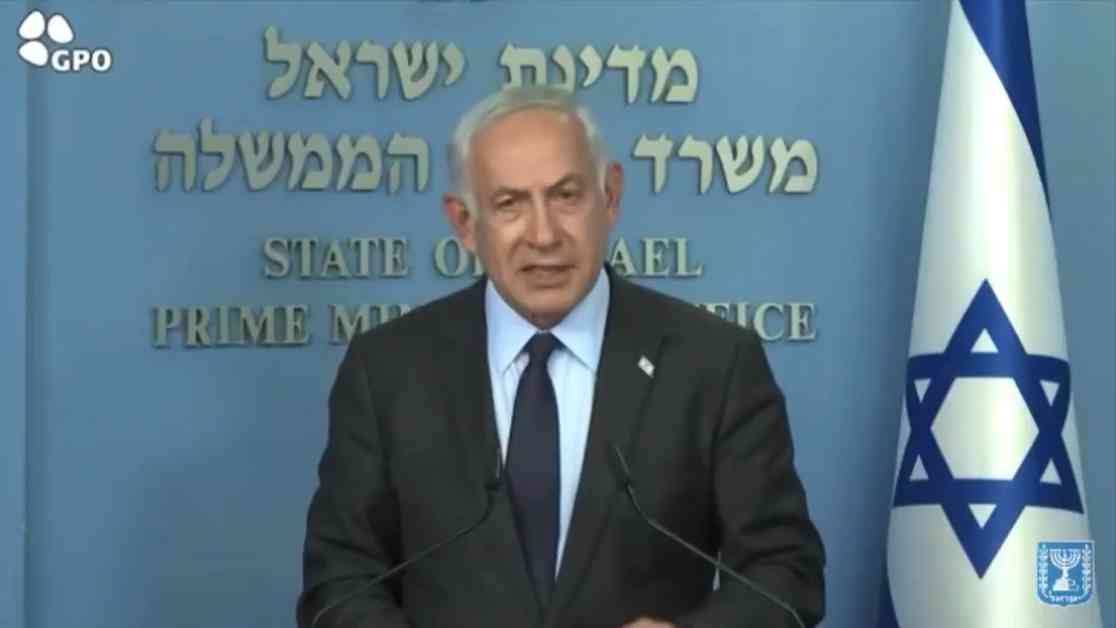The International Criminal Court issued arrest warrants for Israeli Prime Minister Benjamin Netanyahu, his former defense minister, and Hamas officials. They are accused of war crimes and crimes against humanity related to the war in Gaza and the October 2023 attacks that led to Israel’s offensive in the Palestinian territory. This decision has made Netanyahu and the others internationally wanted suspects, which could complicate efforts to negotiate a cease-fire in the ongoing conflict. However, since Israel and the United States are not ICC members and some Hamas officials have been killed, the practical implications of the warrants may be limited.
Netanyahu and other Israeli leaders have criticized the ICC Chief Prosecutor’s request for warrants, calling it disgraceful and antisemitic. U.S. President Joe Biden also expressed support for Israel’s right to self-defense against Hamas and criticized the prosecutor. Hamas also condemned the request.
The court’s decision was based on the belief that Netanyahu and his former defense minister intentionally deprived the civilian population in Gaza of essential resources like food, water, medicine, fuel, and electricity. Israel had previously challenged the ICC’s jurisdiction, arguing that it was not given the chance to investigate the allegations internally before the warrants were requested.
The ICC, as a court of last resort, prosecutes cases when domestic authorities are unable or unwilling to do so. While Israel is not an ICC member, it has faced challenges in investigating itself in the past, according to rights groups. Despite the warrants, it is unlikely that any of the suspects will appear before the court in The Hague soon since the ICC does not have its own enforcement mechanism and relies on member states for cooperation.
In light of these developments, the ongoing conflict in Gaza and the broader Israeli-Palestinian conflict are likely to face further international scrutiny. The warrants issued by the ICC raise questions about accountability for alleged atrocities committed during the conflict and the challenges of pursuing justice in complex geopolitical situations.
As the situation continues to unfold, it remains to be seen how the international community will respond to the ICC’s decision and what implications it may have for ongoing peace efforts in the region. Stay tuned for the latest updates on this developing story by subscribing to our newsletter for news delivered directly to your inbox.


